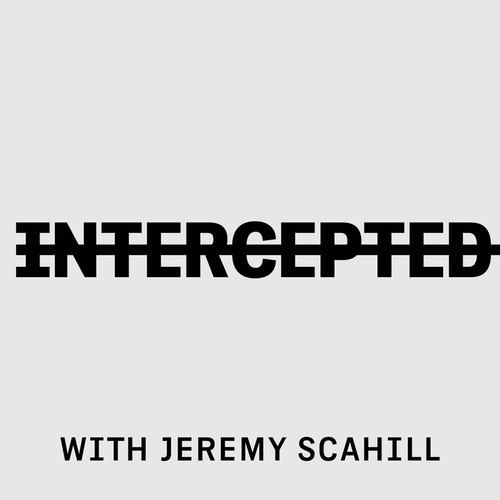What is the purpose of an economy anyway?
I heard a reporter on a recent Economist podcast say that, in light of the growing UK economy, creating jobs is a good thing.
It seems to me that creating jobs is not only a good thing, creating jobs is the thing. What other purpose is there for an economy?
Here’s what I mean. An ‘economy’ is a kind of meta-thing that emerges whenever two or more people get together and decide that working together to meet everybody’s needs is more efficient than everyone trying to each meet 100% of their own needs (like, say, some kind of off-the-grid survivalist). Economies emerge in all kinds of places: prison economies, school-yard economies, national economies, global economies. In part, Wikipedia defines defines an economy as follows:
A market-based economy is where goods and services are produced and exchanged according to demand and supply between participants (economic agents) by barter or a medium of exchange with a credit or debit value accepted within the network, such as a unit of currency.
The key phrase here is according to demand and supply between participants. ‘Demand’ is the economist’s word for what people want, need, and are willing to pay for. ‘Supply’ is what people produce or offer to other members in the economy in exchange for what they want and/or need.
In other words, an economy is simply the exchange of stuff between people so that we can earn our livelihoods to buy the stuff we want. And therefore, the purpose of an economy is to make the whole exchange-stuff-so-that-we-can-enjoy-life thing possible. That means, at it’s core, an economy must be about creating jobs. Without jobs there is no demand. Without demand, you got nothing — no interdependency, no scale, no efficient use of labor, no economy.

